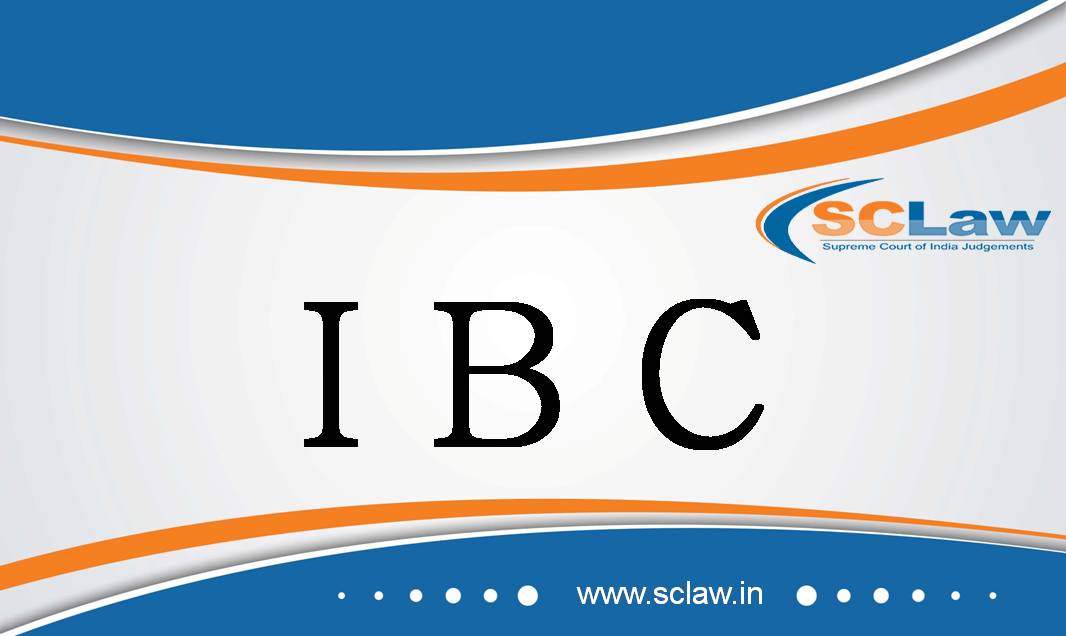Insolvency and Bankruptcy Code, 2016 — Section 60(5)(c) — Jurisdiction of Adjudicating Authority — Declaration of title to trademark — NCLT exceeded its jurisdiction by declaring title to trademark “Gloster” in favour of the Successful Resolution Applicant (SRA) while adjudicating an application under Section 60(5) of the IBC, as the issue of trademark title was a highly contentious dispute beyond the scope of insolvency proceedings and not directly related to the CIRP.
SUPREME COURT OF INDIA DIVISION BENCH GLOSTER LIMITED Vs. GLOSTER CABLES LIMITED AND OTHERS ( Before : J.B. Pardiwala and K. V. Viswanathan, JJ. ) Civil Appeal No. 2996 of…



